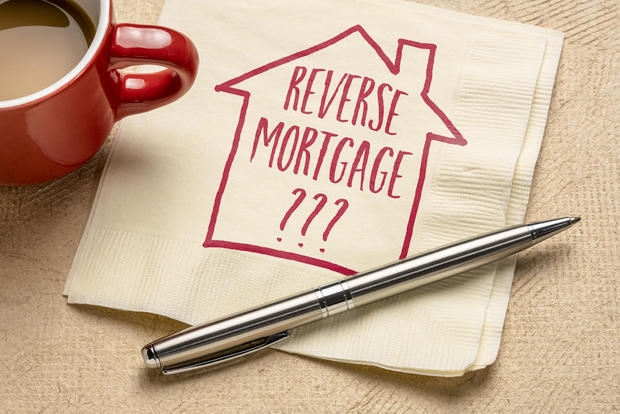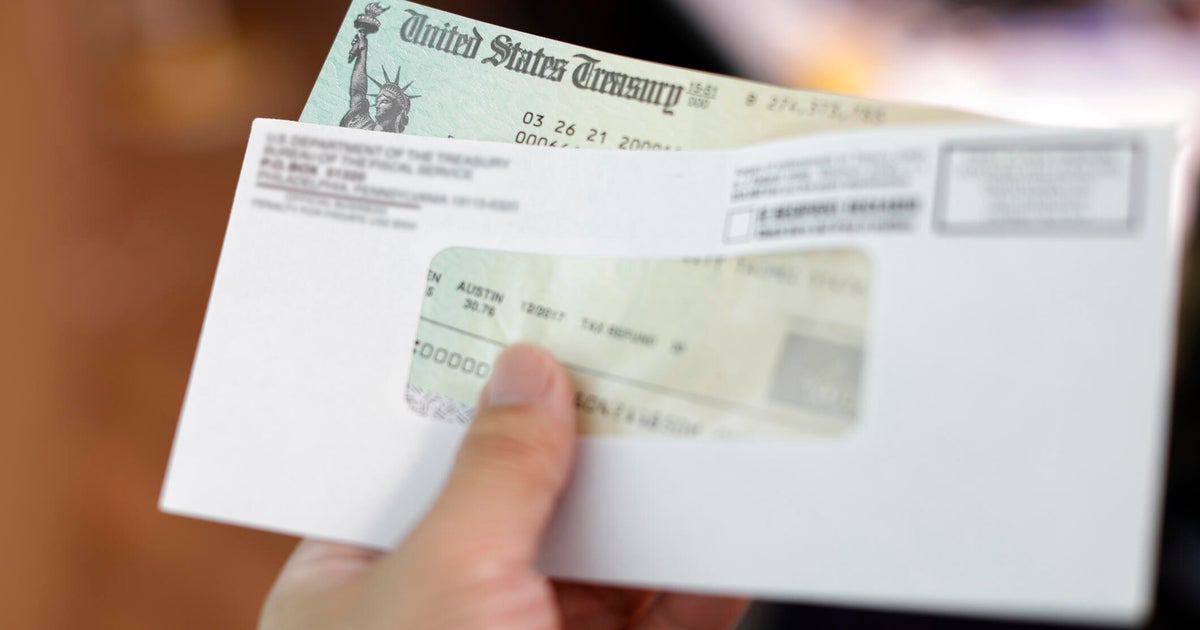Should you take out a reverse mortgage?
Millions of Americans anticipate a secure and financially independent retirement. And if they make the right moves earlier in their lives, they can hopefully put themselves in an advantageous position when they finally decide to end their career.
But planning for a successful retirement and actually getting to enjoy it are two separate things. Sometimes big expenses or cash shortfalls are inevitable. This is when a reverse mortgage may make sense for some older homeowners.
A reverse mortgage allows homeowners (62 and older) who have completely paid off or paid off most of their mortgage, to take out a portion of their home's equity to use as needed. This would qualify as tax-free income. It needs to be repaid, however, if the homeowner dies or elects to sell the home. Still, it may be worth pursuing if the cash is needed.
If you think you would benefit from a reverse mortgage, you can take the first step today by seeing what you qualify for.
The decision to take out a reverse mortgage, particularly after years - if not decades - of paying off a substantial home loan, should not be taken lightly. Only after fully considering their options should a homeowner proceed.
Should you take out a reverse mortgage?
As with most financial considerations, a reverse mortgage has both advantages and disadvantages. Depending on your personal financial situation, however, some of these may be more pronounced than others. Here are some of the advantages of taking out a reverse mortgage:
Reverse mortgage pros
- The freed-up equity can help pay down debt, pay off bills or complete home repairs. It's always helpful to have extra cash, and a reverse mortgage makes that possible.
- Unlike a traditional mortgage, monthly payments toward the loan balance aren't necessary.
- Should the homeowner find themselves in such a precarious position, a reverse mortgage can help pay off the mortgage loan balance and prevent potential foreclosure.
Does a reverse mortgage sound like something that you could benefit from? You can easily check your eligibility now.
Reverse mortgage cons
- Closing costs and other fees could eat up some of the profit planned for use - and it won't be made up. Those figures will be collateral damage for taking out the reverse mortgage.
- It decreases the cash value of your home. Whatever your home is worth before taking out a reverse mortgage, it will now be minus the mortgage amount, fees and closing costs. This is an important consideration for those planning on leaving their home (and its equity) to family members after their death.
- While it won't be tacked on to your annual taxes (a reverse mortgage isn't considered income), it could negatively affect your chances of qualifying for other assistance programs like Medicaid.
As mentioned above, a reverse mortgage could be helpful if you're in need of tax-free cash. You can easily check eligibility online now or use the table below to start shopping for providers.
What about cash-out refinancing?
If a reverse mortgage doesn't sound beneficial for your individual personal finances - but you still would like to get cash from your home - then consider cash-out refinancing. This is how it works: simply take out a new mortgage loan in an amount larger than what you currently owe on your existing loan. With the new loan, you then pay off your existing loan and take the difference between the two (your current loan and the new one) as cash.
Many lenders will allow you to take up to 80% of your home's value (so if your home is worth $500,000, for example, you could potentially withdraw $400,000). A cash-out refi does require closing costs, however, so take that into account when trying to determine how much you want to withdraw. Still, this may be a good option for those looking to use their house as a source of income.
Answer a few brief questions now and find out if cash-out refinancing can work for you.




